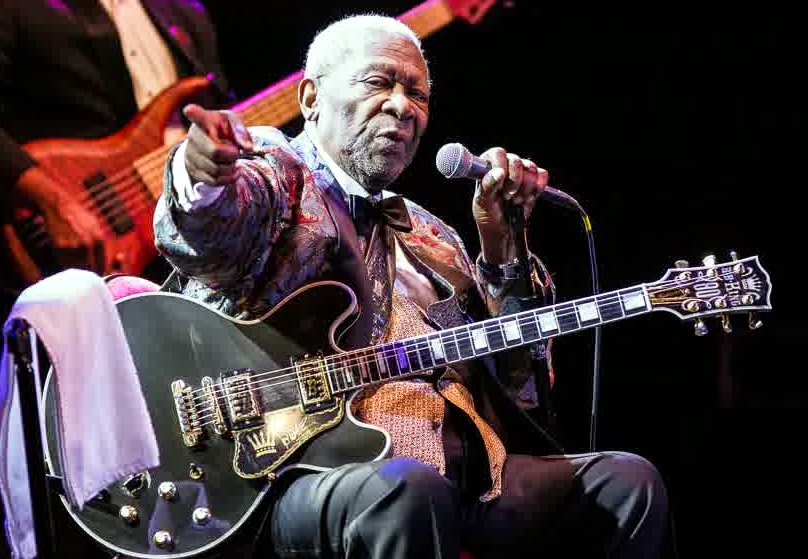The Influence of Blues Singers on Modern Rock N' Roll
Ever since the rumors first
spread of Robert Leroy Johnson's fabled Faust-like pact with the dark side, the
blues seized the attention of society with personal lyrics, touching emotional
intensity, and compelling pentatonic chord progressions. However, the howls,
growls, and moans of blues singers have influenced vocalists from subsequent
genres inside the tradition of rock music.
Blues Music Introduced the Scream to Rock N' Roll
Screaming vocals have become the
newest cutting edge in rock music. Kids love the angry, anxious, or frustrated
screams of new artists. Bands from genres as diverse as hardcore, punk, metal,
and modern rock use varying degrees of harshness in their voice to display raw
emotion.
What would Kurt Cobain's vocals
have sounded like without the scratchy drawl of B.B. King? Would Marilyn Manson
have emerged without the shock-rock antics of Screamin' Jay Hawkins? A brief
glance at the history of blues music shows the blueprint for what eventually
became rock music.
Bending Notes Chromatically to Build Tension
Bending notes in blues style has
become a mainstream tactic on guitar. However, so many singers rely on this
same technique. Start on a consonant low note and bend up to the highest point
in the key to fill the room with energy. This was a technique first made
mainstream by blues vocalists, and it made it all the way into modern rock,
soul, and funk vocals.
The use of these chromatic
differentiations from the pentatonic rule set almost shows a kinship between
blues and jazz. Both styles existed in the underground of pop culture in the
first half of the 20th century. Some musicians drifted between the two, and
both styles have had significant influence on modern rock as well. Chromatic
note relationships can create a sense of anxiety that is relieved when the note
lands on more consonant footing.
Emotionally Pure Performances Began with Blues Singers and Continue
with Rock Vocalists Today
Iggy Pop flails about like a man
possessed. Punk singers wail and beat their chests like people suffering from
the loss of a loved one. These intense, dramatic emotional live performance
styles draw heavily from the blues singers of yesteryear.
Purity of emotion is often
considered the primary benchmark of a rock vocalist's stage presence. In the early
20th century, blues singers were thought to be possessed by evil spirits when
their bodies seized up with the awesome power of the blues. Teary eyes and
scratchy voices conveyed the truth about the world around them in ways
previously disallowed by pop culture.
Rock music took this same spirit
and supercharged it. High energy emotional displays incorporated more than just
sadness; rage, happiness, and anxiety might be palpable in a live performance
by a rock vocalist. The steady back beat still remains in place. This telling
ghost of blues' dark past still lurks on stage when any rock singer grabs the
microphone.
To perfect modern rock vocal
technique, it is important to understand its legacy in the context of its
relationship to the blues. We owe much to our forefathers who wailed against
oppression from the dark and muddy deltas of the American South.
Mike Barry from Gazzmic writes
articles about new media technology, music theory, and the music industry. For
individuals interested in investigating the latest in online technology for
bands and musicians, please visit: [http://www.gazzmic.com]
Gazzmic is a revolutionary new
content management system for bands that seeks to reinvent the music industry
entirely. Gazzmic is currently seeking artists to participate in an
invitation-only closed beta program. Participants will be given the opportunity
to promote their music over a free custom mobile app platform for the iPhone
and Android Market. Musicians can apply for the closed beta by contacting
Gazzmic on the company's website.
Article Source: http://EzineArticles.com/?expert=Mike_Barry

Post a Comment for "The Influence of Blues Singers on Modern Rock N' Roll"
Thank's for reading my blog , please leave a comment